Cats are curious creatures, often poking their noses into things they shouldn’t. As cat owners, we strive to keep our furry friends healthy and safe, but sometimes we unknowingly offer them foods that can be harmful. This article explores ten foods that might seem harmless but are potentially dangerous for your feline companion.
Chocolate: Not Just a Canine Concern
While chocolate is a well-known hazard for dogs, many cat owners might not realize it poses a threat to cats as well. Chocolate contains theobromine, a compound toxic to our feline friends. Cats lack the enzymes needed to metabolize theobromine effectively, leading to potential poisoning. Symptoms can include vomiting, diarrhea, and even seizures. If your cat consumes chocolate, it’s essential to seek veterinary care immediately.
Onions and Garlic: More Harmful Than Helpful
Onions and garlic are staples in many kitchens, but they should be kept far from your cat’s food bowl. These ingredients contain compounds that can damage a cat’s red blood cells, leading to anemia. Even small amounts, whether raw, cooked, or powdered, can be harmful. Symptoms of onion or garlic poisoning include lethargy, weakness, and pale gums. Always check food labels and avoid sharing cooked meals containing these ingredients with your cat.
Grapes and Raisins: Tiny But Troublesome
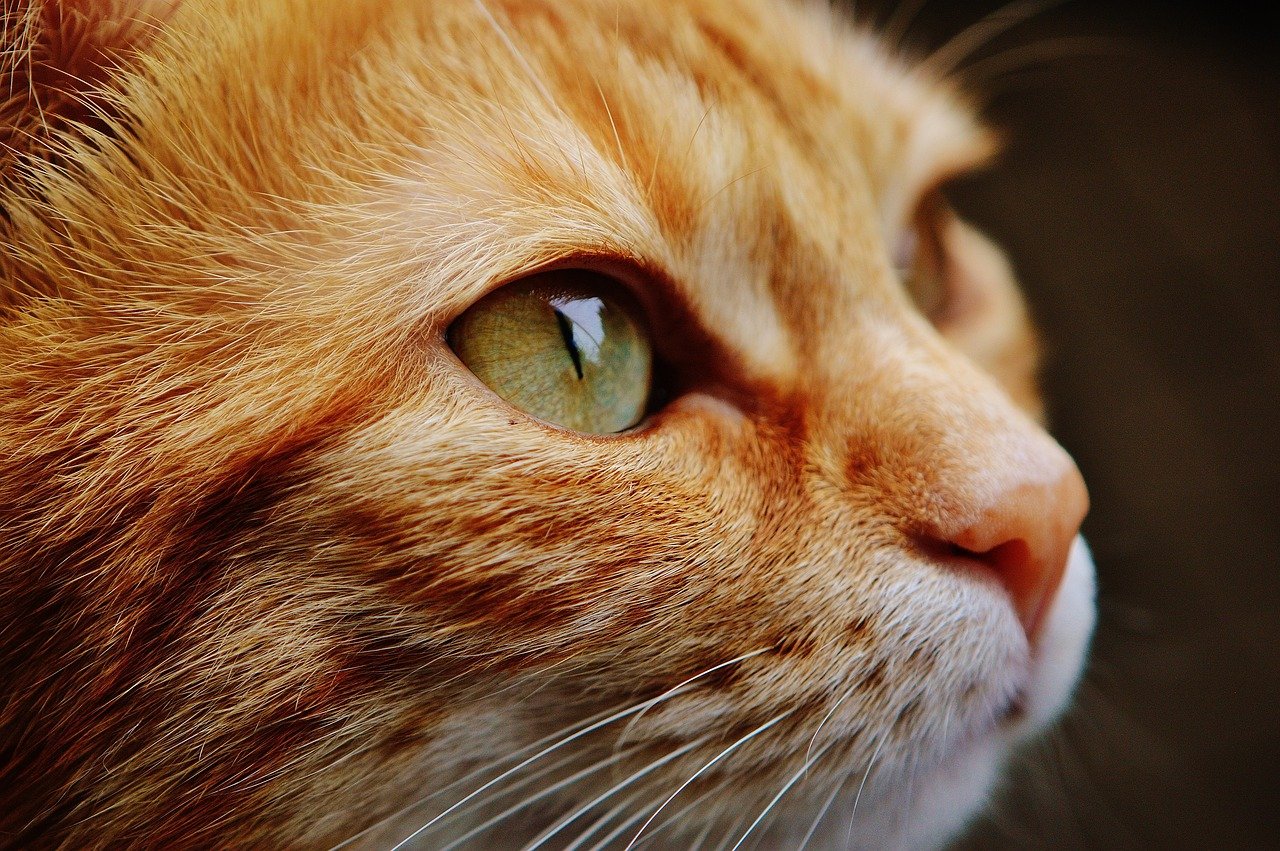
Though small and seemingly innocuous, grapes and raisins can pose significant health risks for cats. While the exact toxic substance in these fruits is unknown, ingestion can lead to kidney failure in some felines. Symptoms may include vomiting, lethargy, and decreased appetite. Since even a small amount can be harmful, it’s best to keep grapes and raisins out of your cat’s reach.
Alcohol: Not a Party for Cats
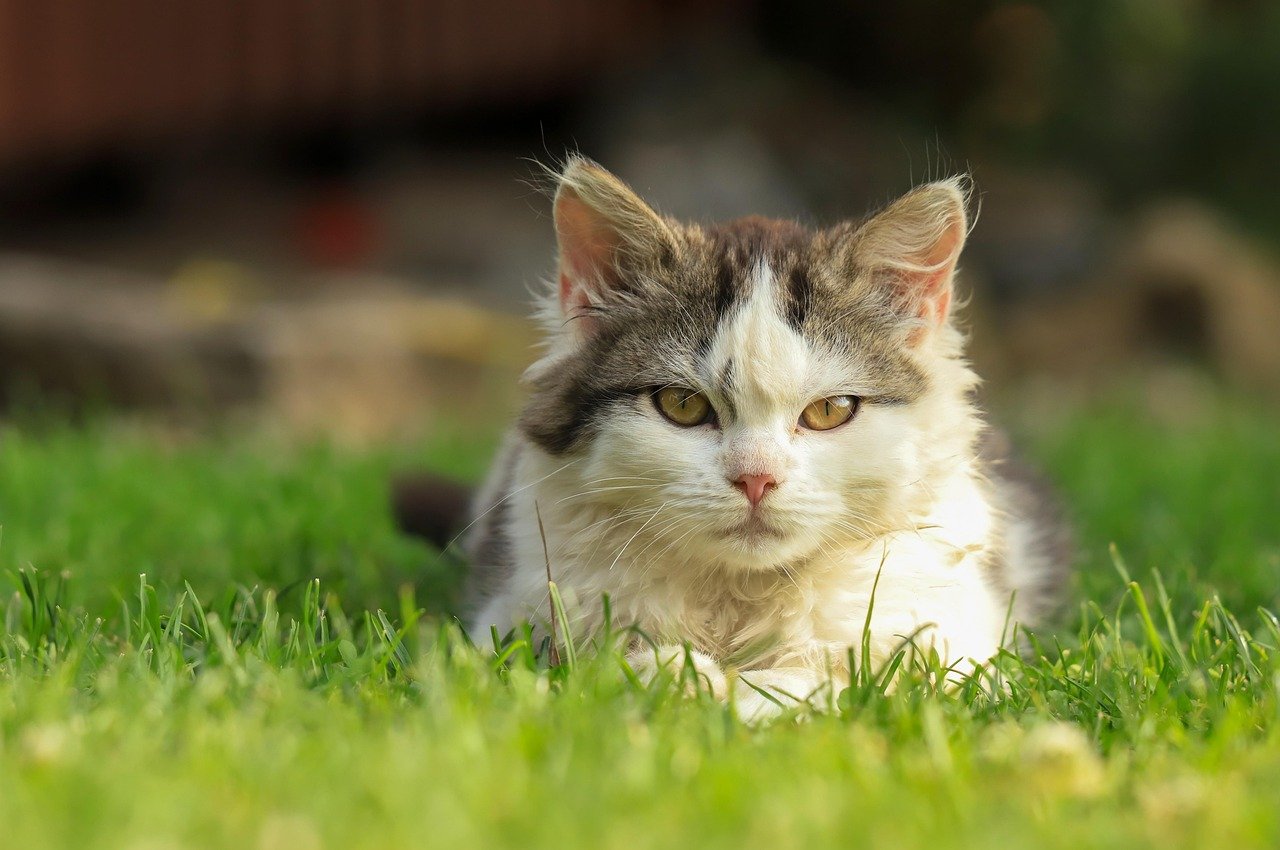
Alcohol is dangerous for cats, even in small amounts. Their smaller body size makes them more susceptible to the effects of alcohol, which can quickly lead to alcohol poisoning. Symptoms include vomiting, disorientation, and in severe cases, respiratory failure. Remember, cats are naturally curious and might be tempted to taste alcoholic beverages left unattended. Always ensure drinks are kept out of reach from your furry friends.
Dairy Products: No Longer a Purr-fect Treat
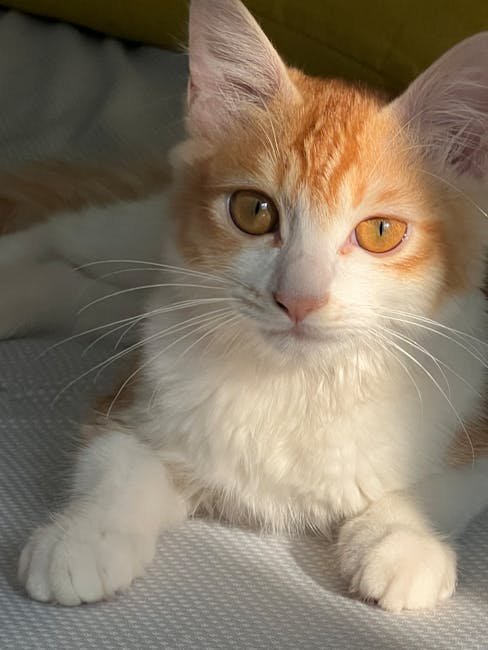
While the image of a cat sipping milk is iconic, many cats are lactose intolerant. This means that dairy products can lead to digestive issues such as diarrhea and upset stomach. As kittens, cats produce the enzyme lactase to digest their mother’s milk, but as they grow, they produce less of it. Instead of risking digestive discomfort, opt for lactose-free alternatives or specialized cat milk if you wish to treat your feline.
Caffeine: Not an Energy Boost for Cats
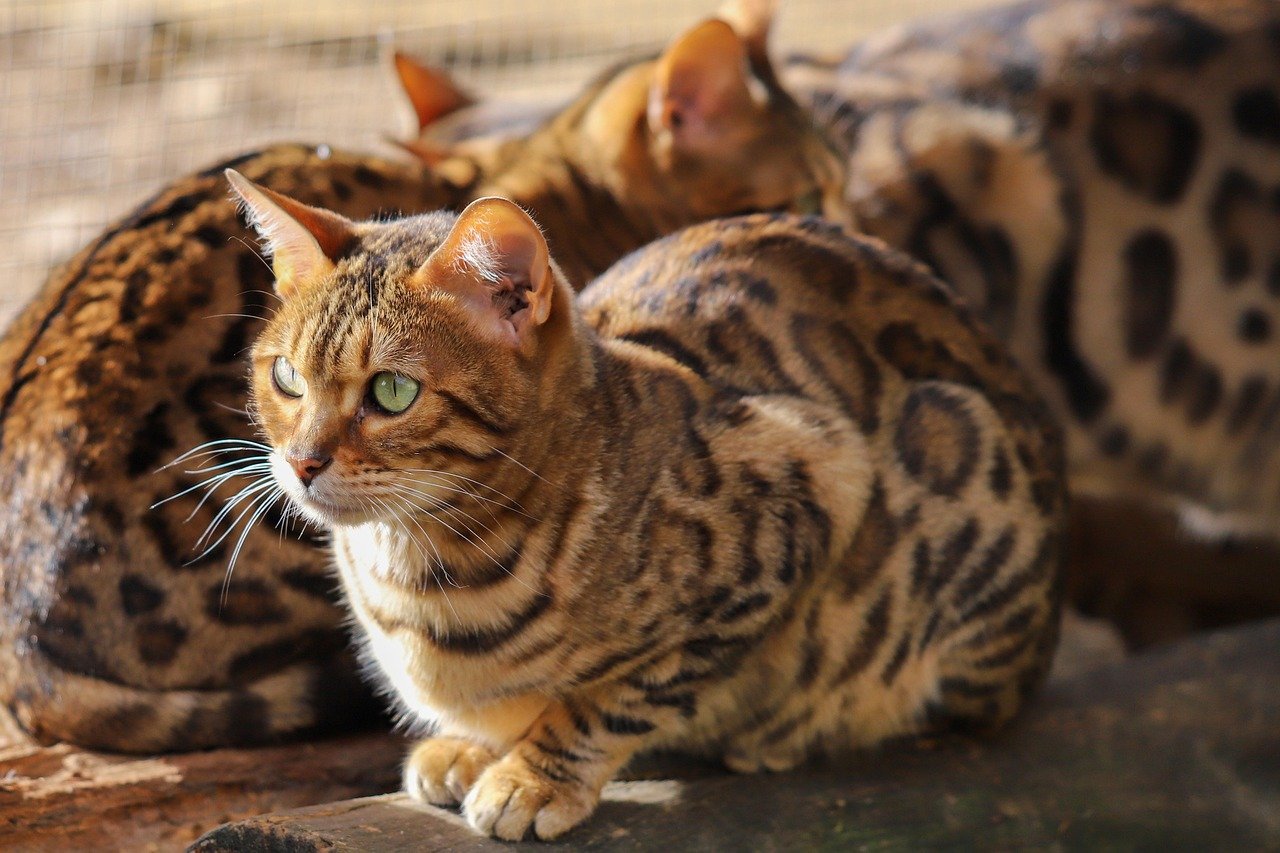
Caffeine is another substance that can be harmful to cats. Found in coffee, tea, and certain sodas, caffeine can cause restlessness, rapid breathing, and even heart palpitations in felines. Cats are more sensitive to caffeine than humans, so even a small amount can have significant effects. Always keep caffeinated beverages and foods out of your cat’s reach to prevent accidental ingestion.
Raw Eggs: A Risky Breakfast Choice
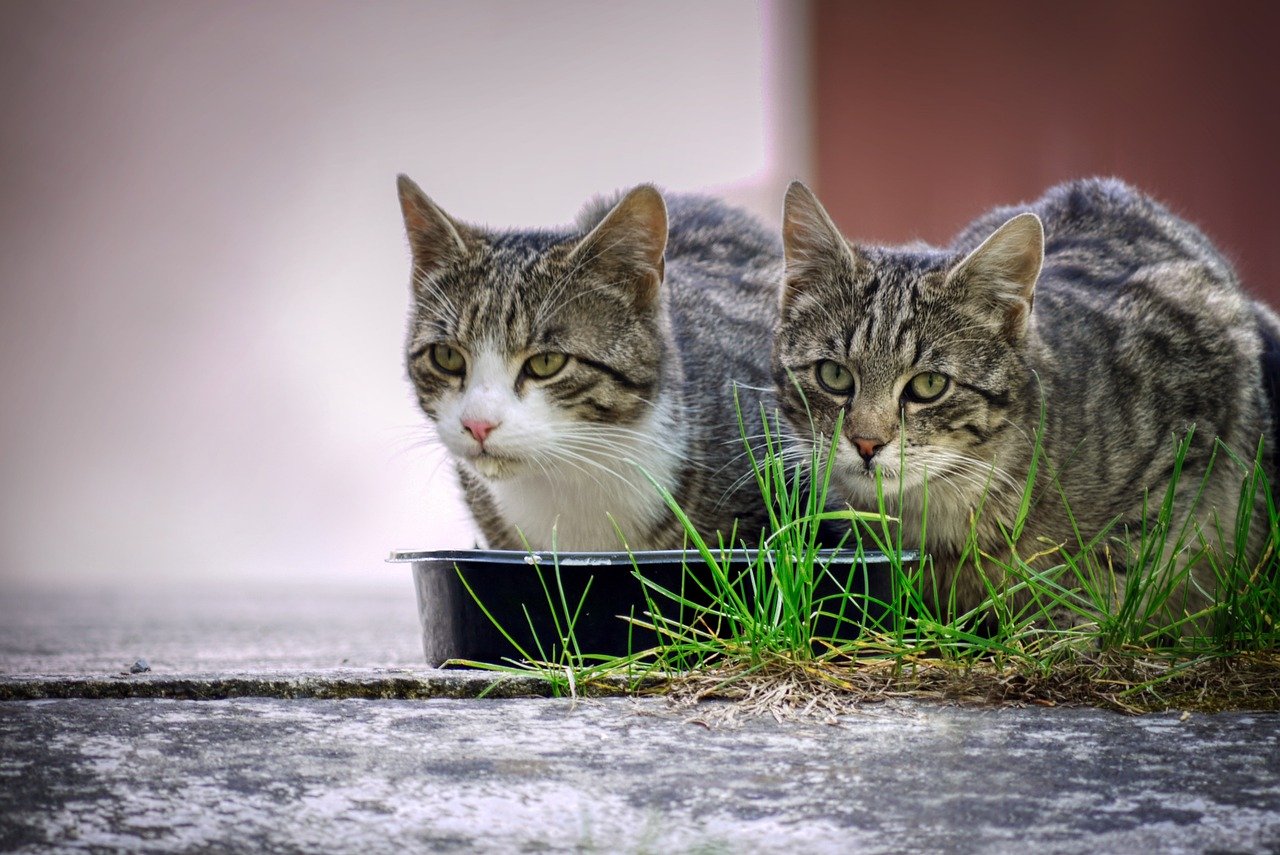
Raw eggs can pose a risk to cats due to the potential presence of Salmonella or E. coli bacteria. Consuming raw eggs can lead to gastrointestinal issues and serious infections. Additionally, raw egg whites contain avidin, an enzyme that can interfere with the absorption of biotin, an essential B vitamin. Cooking eggs neutralizes these risks, so if you do wish to offer eggs to your cat, ensure they are thoroughly cooked.
Raw Fish: Not a Sushi Treat
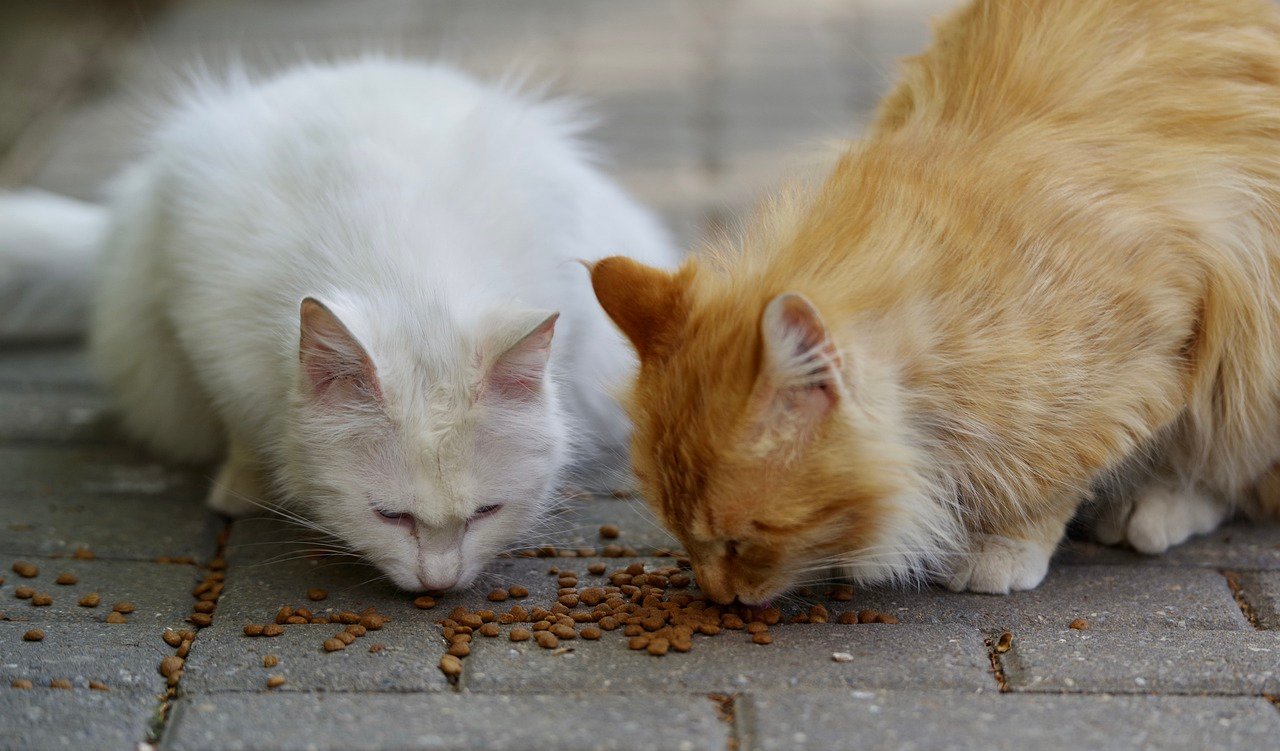
While some cats might be drawn to the smell of raw fish, it’s not a safe treat. Raw fish can contain bacteria and parasites harmful to cats. Moreover, an enzyme in raw fish can destroy thiamine, an essential B vitamin for cats, leading to neurological issues. If you want to give your cat a fishy treat, ensure it’s cooked thoroughly to eliminate any potential health risks.
Avocado: A Trendy Treat to Avoid
Avocado has gained popularity as a health food for humans, but it’s not suitable for cats. Avocados contain persin, a substance toxic to many animals, including cats. Ingesting avocado can lead to vomiting and diarrhea in felines. While the flesh of the avocado contains lower levels of persin, it’s best to avoid sharing this trendy treat with your cat altogether.
Macadamia Nuts: A Nutty Danger
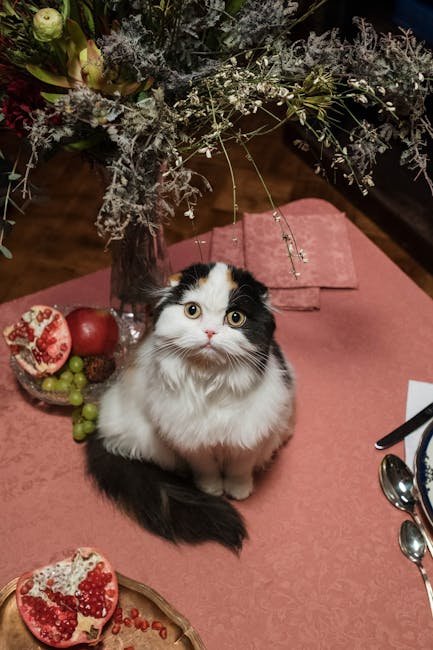
Macadamia nuts are a delicious snack for humans but pose a risk to cats. The exact toxic compound in macadamia nuts is unknown, but ingestion can lead to symptoms such as weakness, vomiting, and tremors. Even small amounts can cause adverse reactions, so it’s crucial to keep these nuts away from your cat’s curious paws.
Conclusion
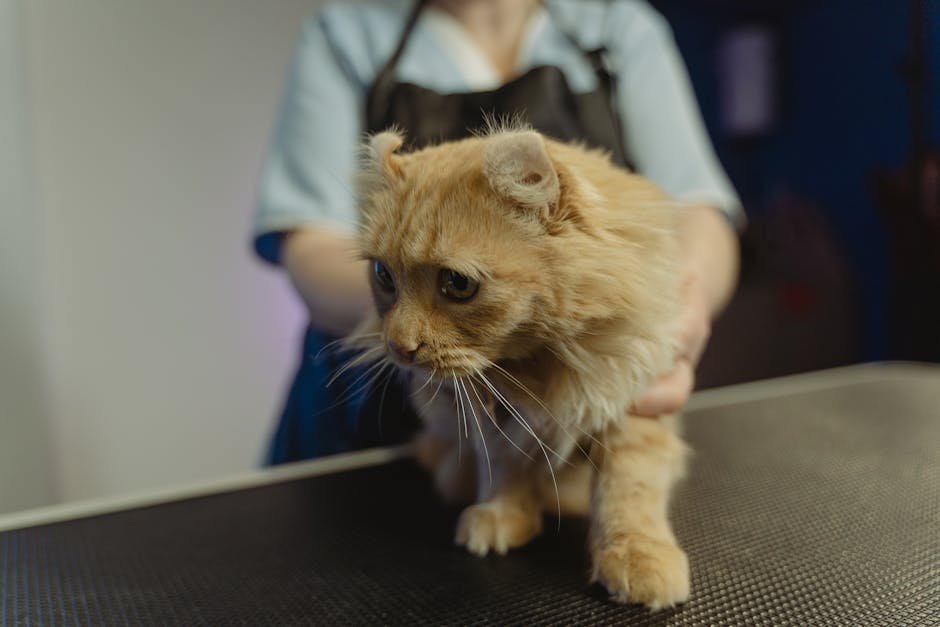
While sharing your favorite foods with your feline friend might be tempting, it’s essential to be aware of the potential dangers. Always be cautious and informed about what your cat is consuming. When in doubt, stick to foods specifically formulated for cats to ensure their health and well-being. Keeping these foods out of reach will help protect your cat from accidental harm and ensure a long, happy life together.
Hi, I’m Bola, a passionate writer and creative strategist with a knack for crafting compelling content that educates, inspires, and connects. Over the years, I’ve honed my skills across various writing fields, including content creation, copywriting, online course development, and video scriptwriting.
When I’m not at my desk, you’ll find me exploring new ideas, reading books, or brainstorming creative ways to solve challenges. I believe that words have the power to transform, and I’m here to help you leverage that power for success.
Thanks for stopping by, Keep coming to this website to checkout new articles form me. You’d always love it!






